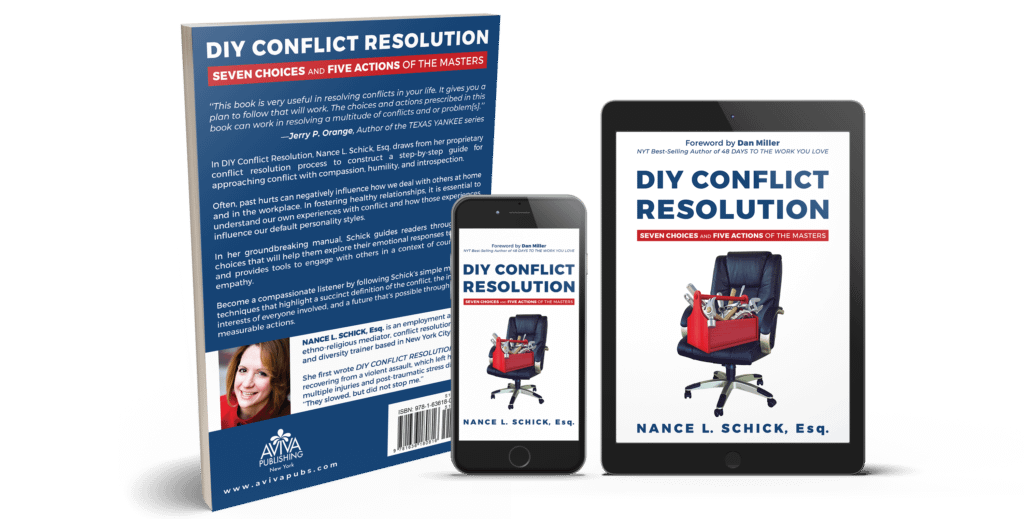Friedrich was a smart, good-looking, and charming stress-case. As a business owner, he was always talking about the big things he was going to accomplish. His company had survived longer than anyone expected, and he hoped there would be a point after which he could coast at least a little. The work ethic he relied on most of his life stopped producing the results he wanted, and he was tired.
There were still so many things he wanted to do, but it seemed he was constantly responding to urgent tasks. There were many every day. He could never get to the ones thought would help him build a more effective business. He was too busy doing tasks he resented:
- Finishing his employees’ work
- Covering his partners’ errors
- Making sure everyone else has what they need
His resentment started to show up to work with him, polluting the workplace. He yelled at his partner in front of his employees. “Something has to change,” he told me, thinking it was the financial health of the business. So, we started there.
Action One: Define the Conflict
Friedrich and his finances disagree about the lifestyle he should be living.
Action Two: Identify the Interests
Friedrich wants to empower people. He gives them what he believes is a good job with fair pay, but he often enables their ineffective behaviors. He gives so much of his time and money that he rarely pays himself a livable wage. He hasn’t taken a day off in nearly a year, and he skips meals most days. He wants to be able to live a more balanced life. He would love to be able to pay and develop his employees into future owners who continue his mission long after he has gone.
His finances suggest that’s not going to happen.
Action Three: Play with the Possibilities
If Friedrich could have this conflict resolve in any way possible, he would have a steady cash flow that allowed him to meet all his financial obligations (including to himself). More importantly, employees and partners would support him in achieving these goals.
We explored ways he could still have these experiences. He was so worn down that he couldn’t see how taking on his employees’ work was keeping him from generating more revenue. We started there.
Action Four: Create the Future
Friedrich spent extra time at first, training and re-training employees to complete assigned tasks. As much as he sometimes thought it would be easier to do them himself, he resisted. Soon, his employees were completing their work with minimal instruction.
To keep the momentum, he created a weekly plan to cultivate his employees. They began to generate income for the business and earn bonuses, which encouraged them to keep up the good work. He held monthly meetings to review their successes as a team and to be accountable for whatever results they got. This gave him objective data to guide difficult decisions, such as termination. The team began to thrive, although a couple of team members didn’t like being held accountable and quit. Their departure actually increased the team’s productivity.
It took some convincing, but Friedrich started taking 30-minute breaks to work out four times per week and made sure he got more sleep. He felt and functioned so much better that his employees and loved ones started helping him guard that self-care time.
The shifts in the financial health of the business didn’t happen over night, but they did happen. When I last heard from him, they were all continuing to grow in various ways.
Action Five: Stay on PARR
Friedrich and his team are continuing to Plan, Act, Revise, and Repeat until they get the results you want. What can you do this week to get out of your own way and start moving in the direction you say you want to go? There’s no need to tackle everything at once. Choose three to five SMILE goals: Specific, Measurable, Individualized, Likable, and Easy for you to fit into your life as it is now. Schedule time to take those actions, and stick to your plan.
